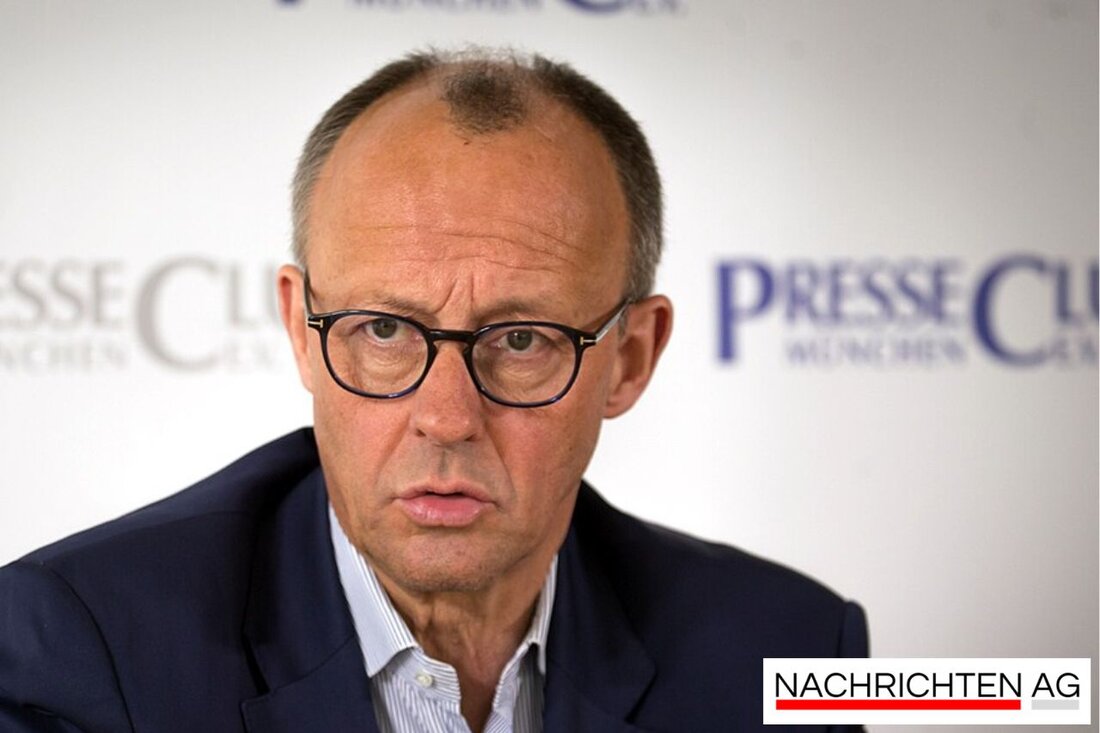Border controls with Poland: Woidke calls for close cooperation between the countries
Poland announces border controls with Germany. Woidke calls for cooperation to combat irregular migration.

Border controls with Poland: Woidke calls for close cooperation between the countries
Current developments on the German-Polish border raise questions about border controls. Starting next week, Poland will introduce its own controls on the border with Germany, as Prime Minister Donald Tusk announced in Warsaw. This measure follows the random checks carried out by Germany since October 2023 and is intended to counter the “uncontrolled flow of migrants”. The federal government has expanded these controls to combat irregular migration in all federal states, but this is legally controversial since the approval of the EU Commission is required to turn away asylum seekers. The time reports on the measures that have been initiated that could have an impact on people's freedom of movement.
Brandenburg's Prime Minister Dietmar Woidke, who rates the border controls as successful, is calling for improved procedures between Germany and Poland. Loud World The collaboration has already led to a noticeable reduction in illegal entries. However, Woidke criticizes the fact that the checks are not carried out jointly by German and Polish police forces. He is pushing for talks about carrying out controls on Polish territory in order to minimize disadvantages for the border regions.
Border controls in response to migration
The escalation of the situation is also underscored by the planned exchange between Chancellor Olaf Scholz and the state leaders on Monday. Measures on irregular migration will be discussed, while Woidke calls for a joint approach before new changes to asylum law are discussed. Its aim is to fully implement existing regulations, rather than making new proposals before the old ones are effectively dealt with. This is seen as a necessary step to deal with the current situation and maintain unity in the Schengen area.
The federal government has extended controls at the borders to ensure that the migration issue is not just a German problem, but a common European problem. Chancellor Friedrich Merz has made it clear that there will be no returns to Poland of asylum seekers stored with us in Germany, while Bavaria's Prime Minister Markus Söder shows understanding for the Polish controls. ZDF highlights that these developments could reignite the discussion on migration policy in Europe.
How the situation will develop further remains to be seen - the reactions of the population as well as the effects on commuter traffic and the quality of life in the border regions are also of central interest. At a time when migration policy issues are very popular, it is clear that clear agreements and solidarity between countries are of the utmost importance in order to develop solutions together.

 Suche
Suche
 Mein Konto
Mein Konto